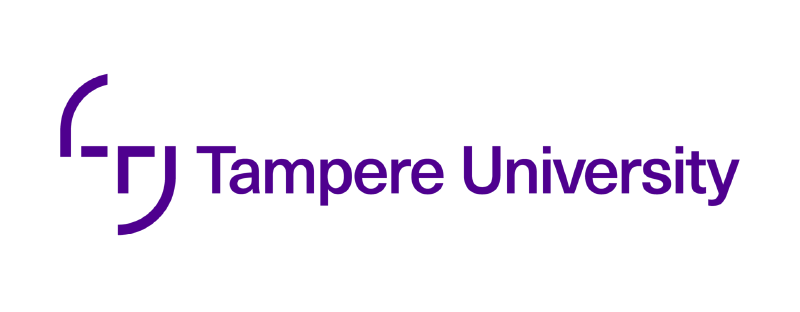As part of the project “Children Online: Research and Evidence (CO:RE)”, our team at Tampere University produces an online handbook on methodological issues related to researching questions about children’s and young people’s online use. The handbook seeks to be a comprehensive resource for researchers as well as students and a starting point for a deeper engagement with methodological issues. It will be published as a part of the CO:RE Knowledge Base in late 2021.
Sections covered in the handbook are, but not limited to:
Studying children and youth as users of digital media (e.g., effects, user studies, digital skills, etc.)
International comparative studies on children and youth online
Designing digital artefacts with children and youth (e.g., Fablabs, etc.)
Children and youth as empirical Experts in research: Reflections on methodological choices
Research evaluation: discussing strengths and weaknesses
Ethical dilemmas relating to various methodological approaches of studying children and youth online (including dilemmas relating to when to seek informed consent, research integrity, or accessing and using Big Data).
We are inviting short texts (approx. 1000 words) on particular concepts or keywords (e.g. child consent, interview recording, screen recording, triangulation etc.), preferably in form of reflexive narratives of your own experiences in doing research from a methodological perspective. You have a narrative in mind that you would like to share with us and the research community?
Then please submit a preliminary title no later than 30 April 2021 to:

Sirkku Kotilainen
Sirkku Kotilainen, responsible CO:RE member, sirkku.kotilainen [at] tuni.fi
Of course, you can also write more than one text. We will come back to you with instructions for the text in response to your preliminary title. The deadline for the full-text submission is the 15 June 2021 for peer-review.



